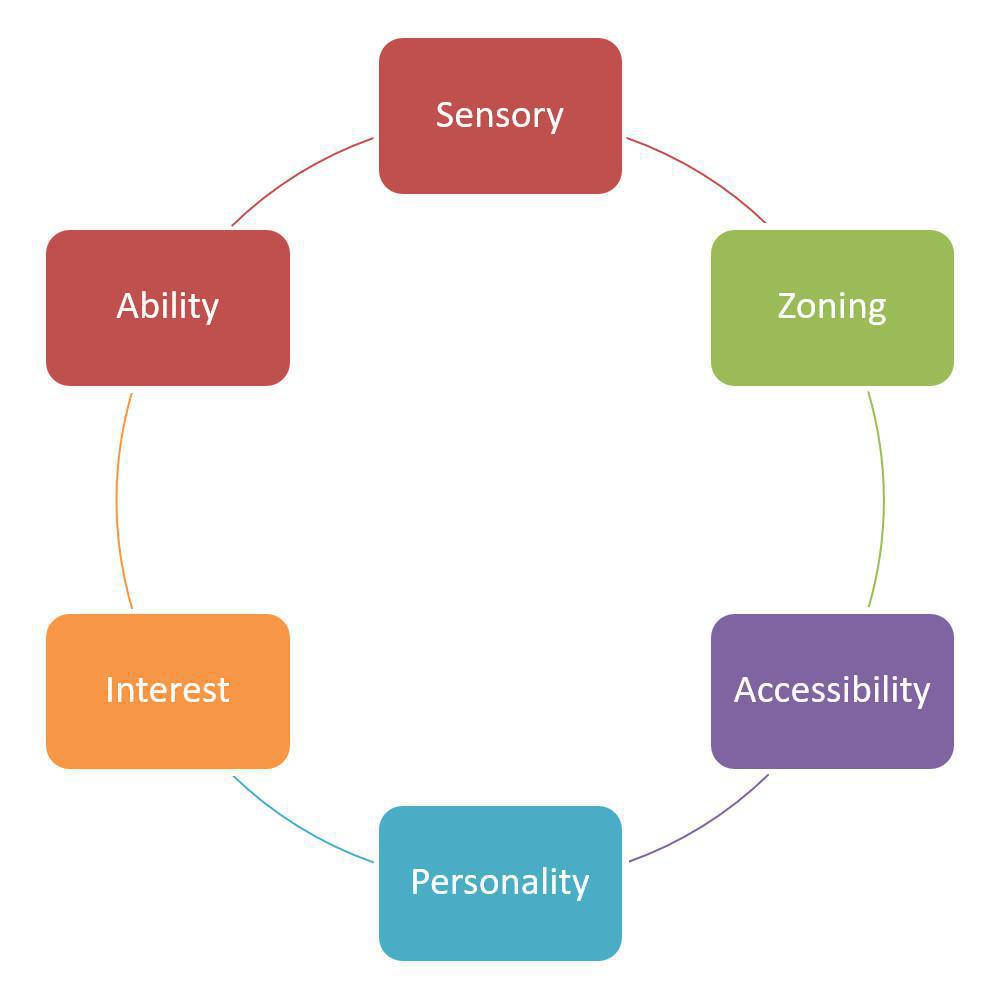Creating an appropriate social and physical environment for people with dementia is crucial for their well-being and quality of life. Here are some key considerations:
Social Environment
- Supportive and compassionate communication: Interact with individuals in a calm, respectful and compassionate manner. Use clear and simple language, maintain eye contact and allow enough time for them to respond. Avoid talking at them, down to them or using a patronising tone.
- Foster social connections: Encourage regular social interaction with family, friends, and the community. Engage individuals in activities that promote being social, such as group discussions, community outings, or support groups.
- Sensitivity to emotional needs: People with dementia may feel confusion, frustration, or sadness. Offer reassurance, comfort, and emotional support, and validate their emotion even if their words do not make sense.
- Education for family and friends: Help family members and friends understand the challenges of dementia so they can provide a supportive and understanding network around the person.
- Reduce social isolation: Encourage family, friends and community members to visit and engage. Organise social activities and outings suited to the person’s abilities and interests.
Sensory Considerations
- Visual: Use ambient lighting and avoid harsh or poor lighting, such as fluorescent lights.
- Sound: Minimise excessive noise from TVs, radios, ringing phones, or alarms.
- Temperature: Maintain a comfortable temperature that is neither too hot nor too cold.
- Orientation: Use visual signs rather than text-based signage to help with navigation.
- Movement: Ensure opportunities for movement and physical activity.
Zoning
- Group residents by abilities and interests to encourage meaningful social interactions.
Personality & Interests
- Personality: Staff should be aware of each resident’s pre-morbid personality (how they were before dementia) and preferences. Life Story templates can help capture a resident’s background, experiences, and interests to guide personalised care - see some sample templates below.
- Interests: Match activities to past and current interests, adjusting them as needed.
Sample Life Story templates:
Ability & Accessibility
- Ability: Since abilities may decline or fluctuate, adapt activities accordingly.
- Accessibility: Ensure safe, open spaces free from barriers or confinement.

